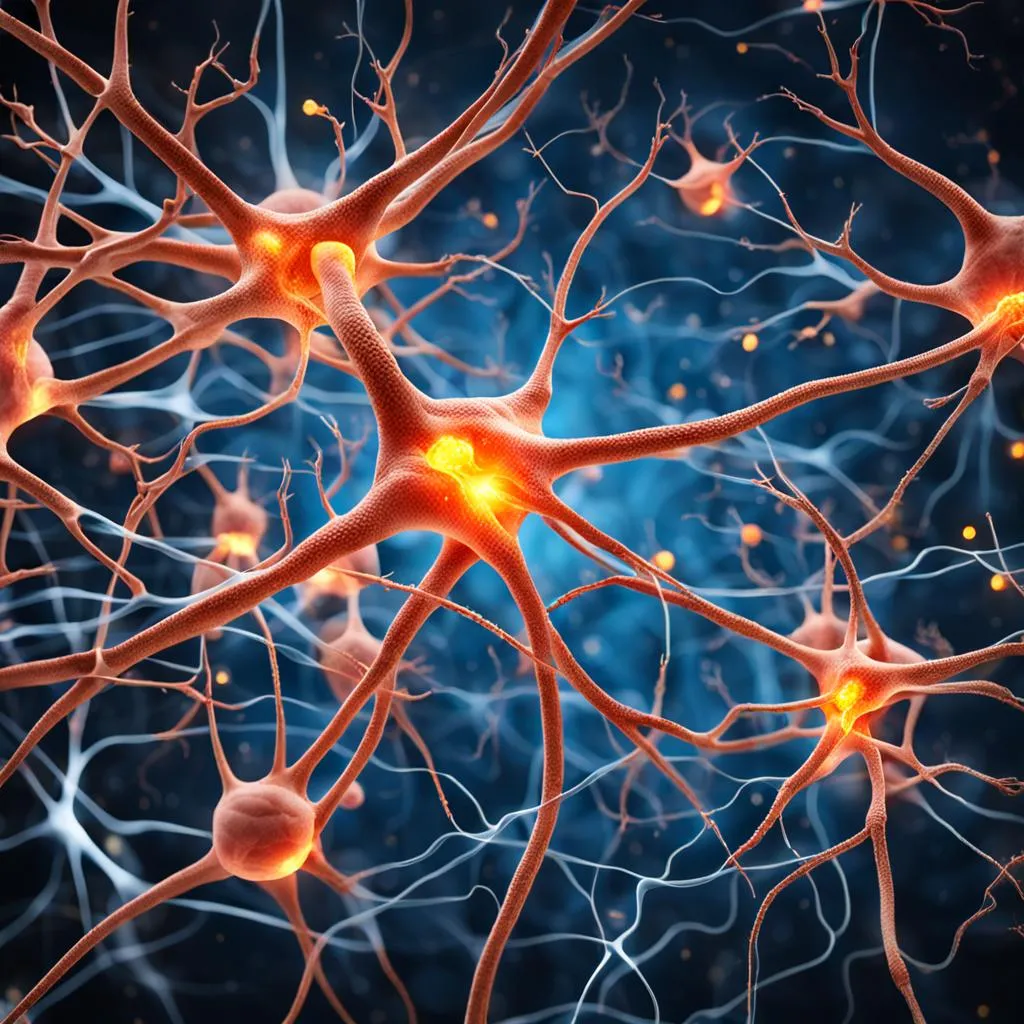
Crack open any neuroscience textbook and you’ll be taught about the processes of the brain and the relationships between sensory organs, neural activity, and even the arising of subjective experiences as a critical aspect of understanding how consciousness is enabled to experience the sensory world. There’s one word within the jargon that encapsulates it, and exists an unsung hero: transduction.
Transduction, it’s an obscure word not often used in everyday parlance except perhaps biology labs or the lecture hall. But far from being a simple word, transduction is a concept that represents the explanation of how and what exactly enables us to experience the world.
Alright, but what is it? Transduction is the conversion of sensory stimuli into neural signals. So everyday manifestations of physical energy from the external world is converted into different types of energy—whether it be light, longitudinal waves, or heat—into meaningful information interpreted by our brains.
Now, let’s spotlight transduction:
- Definition: Transduction converts one form of energy into another, specifically transforming sensory stimuli into neural signals.
- Sensory Organs: Each organ, whether for vision, hearing, or touch, specialises in transducing a particular energy type.
- Receptor Cells: Specialised cells respond to stimuli, generating electrical signals upon activation.
- Neural Signals: Electrical signals travel to the brain, where they undergo further processing and integration.
- Processing in the Brain: The brain interprets these signals, crafting our conscious perception of the external world.
We can see from the bullet point I created from above that transduction is not just one simple operation, but a complex series of operations that are necessary for experience to arise. Our bodies are equipped with various sensory organs that allow us to see, hear, smell, taste and touch. As well as mechanoreceptors in the skin that allow us to detect pressure.
Let’s focus on a major indispensable sensory organ: the eye. However, the eye in itself is not the sole entity that enables someone to see. Rather, it relies on the masses of photoreceptors located within the eye’s retina. These photoreceptors serve as the primary agents facilitating the faculty of sight through phototransduction—the intricate process of converting light energy into changes in membrane potential.
Phototransduction is not a simple, cut-and-dry process; it involves several key components working harmoniously. The cornea and lens of the eye play pivotal roles in this process by allowing light to be effectively focused onto the retina. The cornea, with its refractive properties, is instrumental in the initial bending of light, while the lens fine-tunes this focus, ensuring that a clear and sharp image is projected onto the photoreceptor cells.
Transduction is the linchpin that allows us to experience the world and without it, the rich tapestry of sensory perception would unravel, leaving us devoid of conscious experiences. In other words, you won’t be capable of any meaningful experience without your body’s ability to transduce physical stimuli into neural signals for your brain.
With that being said, I move onto my point—transduction is a weapon for naturalism to argue against idealism, supernaturalism and religion. Naturalism or materialism is a philosophy that rejects and attacks the supernatural and transcendental, not through the use of force but by the power of reason, science and of course its philosophy. And it’s a very old philosophy too, one that is actually as ancient as the pre-Socratics. Take the concept of an afterlife for example, which often involves beliefs in an existence beyond the physical body. While these ideas are deeply rooted in cultural, religious, and philosophical contexts, they are challenged when considered in the context of our modern scientific understanding of sensory processes and transduction.
In our western world we have Christianity and our afterlife can either be Heaven or Hell. For those upon their deaths who follow the teachings of Jesus Christ they’ll enjoy eternal bliss in the presence of God in Heaven, while for those sinners who reject these teachings, Hell is a realm of eternal separation from God and everlasting torment. But how can it be possible whether to enjoy bliss or damnation after death if there is no transduction? How can one feast in Valhalla, copulate with 72 virgins or suffer damnation in the flaming pits of hell without a digestive system, a penis or pain receptors? The answer being it’s not possible! In the hypothetical scenario of an afterlife involving experiences such as suffering in hell or bliss in heaven, there would be a conflict with our understanding of sensory processes. Without a physical body bereft of sensory organs and a nervous system—the enablers of transduction—the experience of pain, pleasure, or any form of sensory perception would be totally negated of existence like an obligate aerobe in the vacuum of space!
In the words of the ancient philosopher Epicurus, “Death is nothing to us, since when we are, death has not come, and when death has come, we are not.” He said it best with these timeless words encapsulating the implications of our weapon, transduction. Upon death and the subsequent breakup of our body there’s also equally the cessation of the sense transduction. Which means there’s no sensations of anything, pain, pleasure or awareness. Ultimately there’s nothing to fear because we have and always will be atoms dancing to the tune of physics just like before our birth and inevitably so after our passing. I leave you with a quote from Mark Twain, another fine fellow who’s sentiment I echo entirely in this:
“I do not fear death. I had been dead for billions and billions of years before I was born, and had not suffered the slightest inconvenience from it.”

